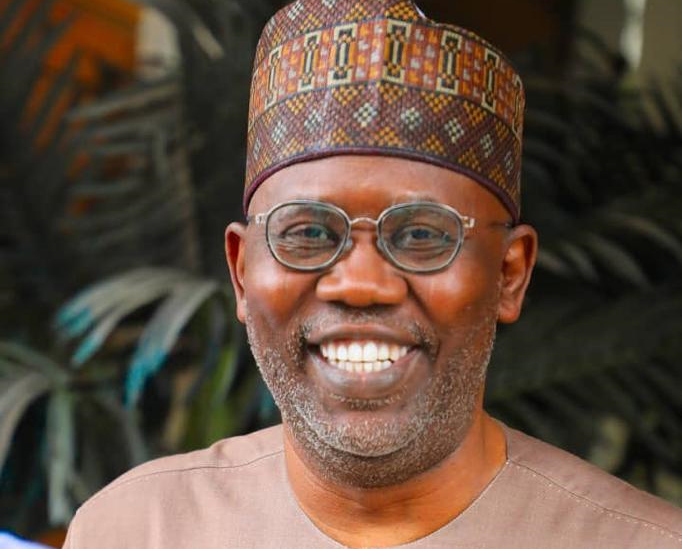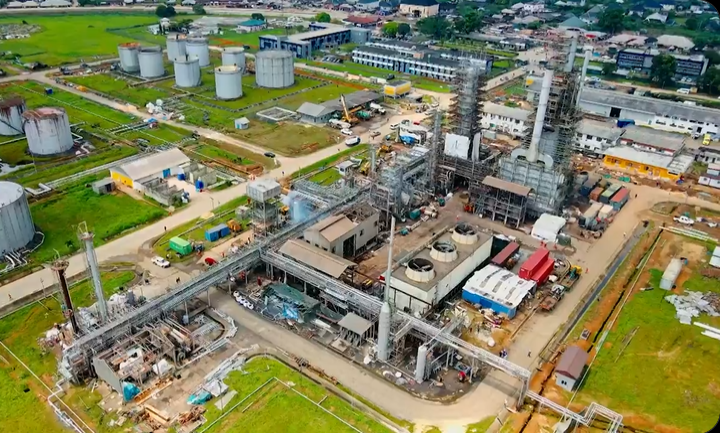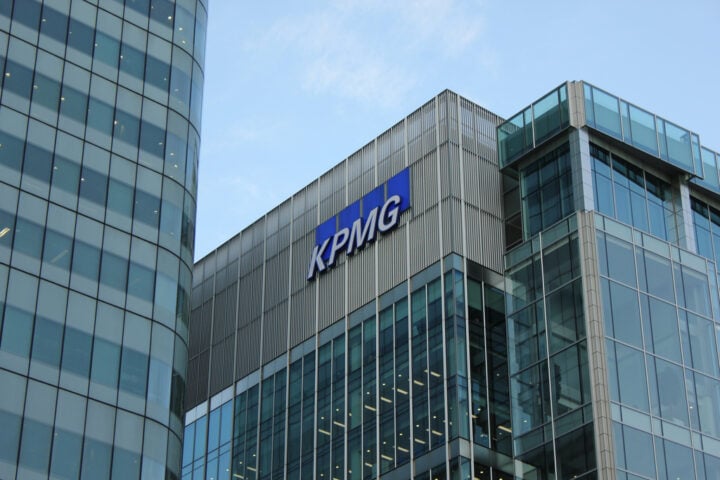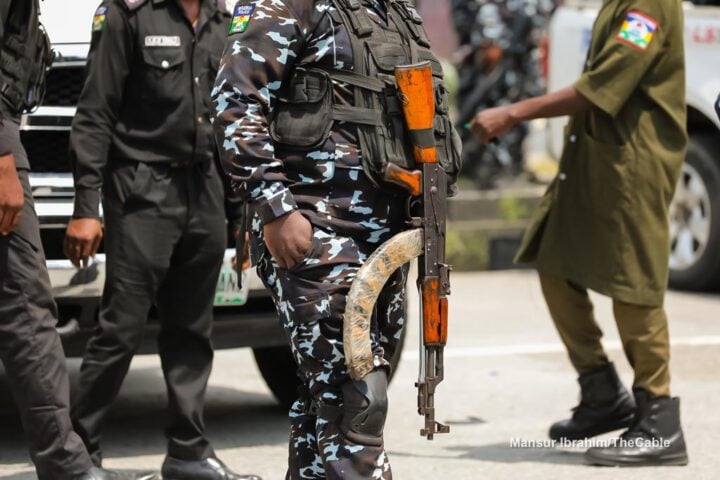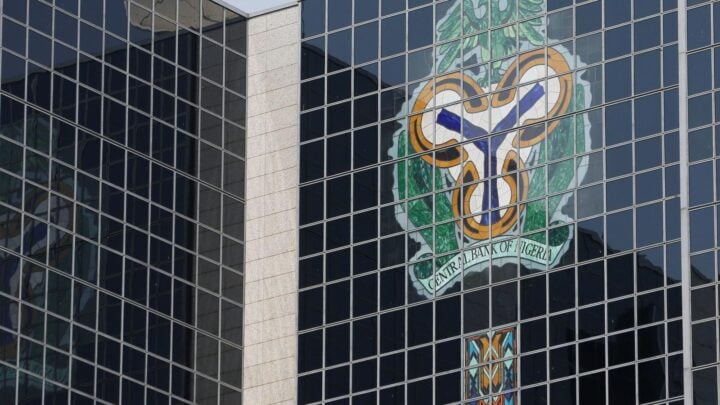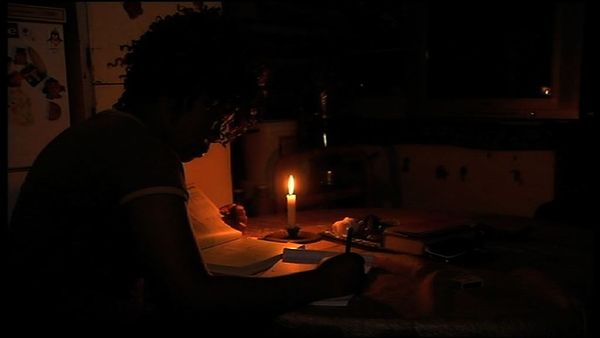The Economic and Financial Crimes Commission (EFCC) says it does not have evidence to support its charges of fraud, bribery and conspiracy against Mohammed Bello Adoke, former attorney-general of the federation.
In its response to the no-case submission filed by Adoke, who was listed as first defendant in the charges all related to the OPL 245 transaction of 2011, the EFCC told the FCT high court that it would not oppose the application.
The anti-graft body also said it would not oppose the no-case applications by the other defendants, Aliyu Abubakar, Malabu Oil & Gas Ltd, Nigeria Agip Exploration Ltd, Shell Ultra Deep Nigeria Ltd, and Shell Nigeria Exploration Production Company Ltd (SNEPCo), over some of the charges.
However, the EFCC said Rasky Gbinigie (Malabu Oil & Gas Ltd’s company secretary) has a case to answer over the alleged forgery of company documents to remove the name of Mohammed Abacha as a director.
Advertisement
The EFCC had charged Adoke before the FCT high court, Abuja, alleging that he collected a gratification of N300 million from Abubakar over the OPL 245 resolution.
He was accused of conspiring with other defendants to “commit the offence of public servant disobeying direction of law with intent to cause injury or to save person from punishment or property from forfeiture”.
The former AGF was accused of “knowingly disobeying direction of law” by allegedly “saving Shell Nigeria Ultra-Deep Limited, Nigeria Agip Exploration Limited and Shell Nigeria Exploration Company Limited from charges of taxes”.
Advertisement
He was also accused of “having accepted a gratification of N300,000,000.00 (Three Hundred Million Naira) in the exercise of his official functions”.
Adoke denied all allegations, maintaining that the N300 million being classified as bribery by the EFCC was a mortgage he took from Unity Bank Plc in 2012.
He said it was transferred by the bank directly to the account of Abubakar, a property developer, and was refunded by Abubakar in 2013 when Adoke could not come up with his equity contribution.
Abubakar then sold the property to the Central Bank of Nigeria (CBN).
Advertisement
The EFCC had also filed another case against Adoke and Abubakar, alleging money laundering to the tune of $2 million (then worth about N300 million) before the federal high court in Abuja.
In a twist, an EFCC witness told the federal high court that it was the same failed mortgage transaction that was classified as bribery in the FCT high court by the anti-graft body.
Adoke always insisted that he was a victim of political victimisation by former president Muhammadu Buhari on behalf of the Abacha family who felt cheated in the OPL 245 transaction.
THE OPL 245 SAGA
Advertisement
On April 9, 1998, the federal military government awarded OPL 245 to Malabu Oil and Gas Ltd, which was said to be owned mainly by Mohammed Abacha, son of former military ruler Sani Abacha, and Dan Etete, who was the petroleum minister at the time.
On July 2, 2001, President Olusegun Obasanjo revoked Malabu’s licence and assigned the oil block to Shell — without a public bid. Malabu went to court and ownership was reverted to it in 2006 after it reached an out-of-court settlement with the federal government.
Advertisement
Shell fought back and commenced arbitration against Nigeria, but when President Goodluck Jonathan came to power in 2010 and implemented the consent judgment returning the oil block to Malabu, the controversy appeared to have been resolved with Shell and Eni agreeing to buy the oil block from the Nigerian company for $1.1 billion.
The oil companies also paid $210 million as signature bonus to the federal government of Nigeria.
Advertisement
But activists launched an international campaign alleging that the OPL 245 deal was fraudulent and that the proceeds were used to bribe government officials.
A STRING OF LOSSES
Advertisement
When Buhari came to office in 2015, his administration started a series of litigation against Royal Dutch Shell, Eni/Nigeria Agip Exploration (NAE), Shell Nigeria Ultra Deep (SNUD) Ltd, and Shell Nigeria Exploration Company (SNEPCO) over the allegations.
On May 22, 2020, a UK court declined jurisdiction in a case filed by Nigeria against Shell/SNUD and Eni asking for compensation in the sum of $1.1 billion.
On March 17, 2021, an Italian court acquitted Shell, Eni and all defendants of corruption charges in the $1.1 billion deal.
Also in June 2022, Nigeria lost its $1.7 billion claim against JP Morgan Bank over the transfers of proceeds from the sale of the oil block to Malabu’s directors.
Previously, the US Department of Justice investigated the transaction and announced in October 2019 that it was closing the case.
In April 2020, the US Securities and Exchange Commission also closed investigation into the deal after it could not prove fraud or corruption.
Meanwhile, Adoke recently said Ibrahim Magu, former acting chairman of the EFCC, has apologised to him over the criminal trials which he said Magu masterminded to help Nigeria win the cases in Italy and the UK to no avail.
In April 2018, a federal high court in Abuja had ruled that Adoke could not be held personally liable for carrying out lawful presidential directives.
Add a comment
